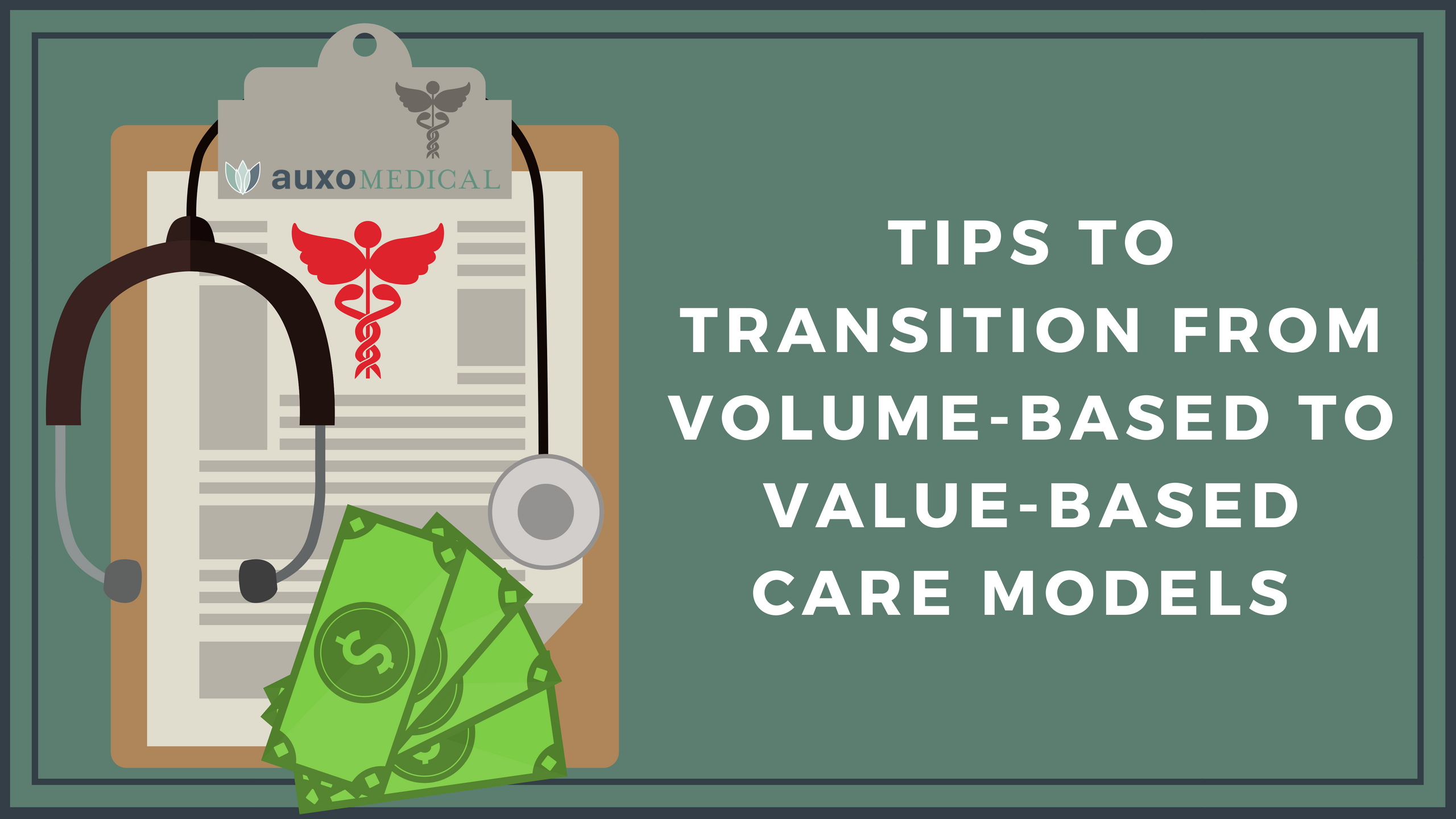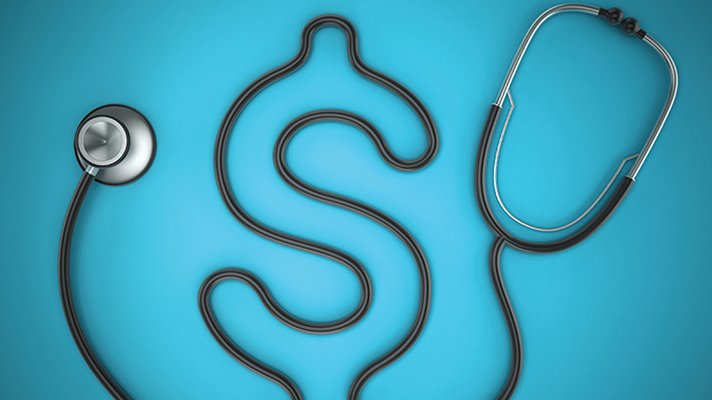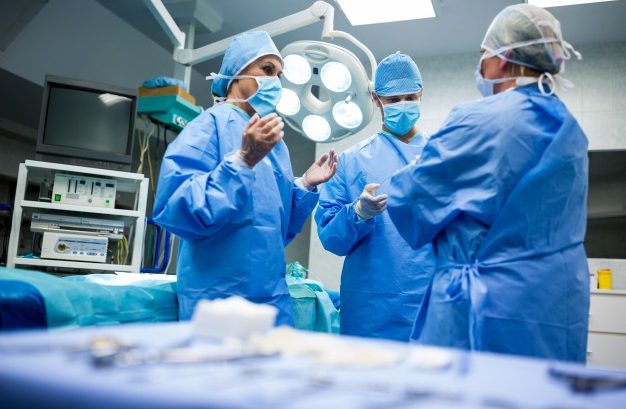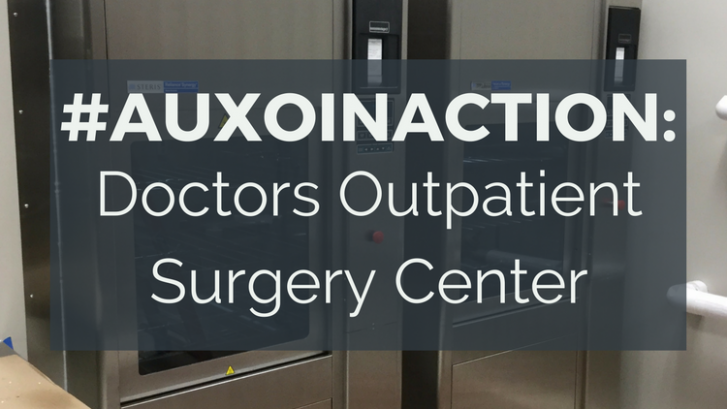Preventing & Reducing Healthcare-Associated Infections (HAIs)
Precautionary Measures
Immune systems are oftentimes weakened upon being admitted to the hospital due to the illness patients are facing. Patients are in a compromising position to battle additional challenges, due to infections generated within the healthcare facility walls. In 2014, an estimated 17.8 million visits to physician offices were due to infectious and parasitic diseases.
Programs that have been successful in reducing HAIs generally focus on improving multiple interventions, such as hand hygiene, use of contact and other precautions, active screening, and vigorous decontamination rather than relying on a single approach.
Examples of best practices by a healthcare provider include careful insertion, maintenance, and prompt removal of catheters, as well as the careful use of antibiotics.









